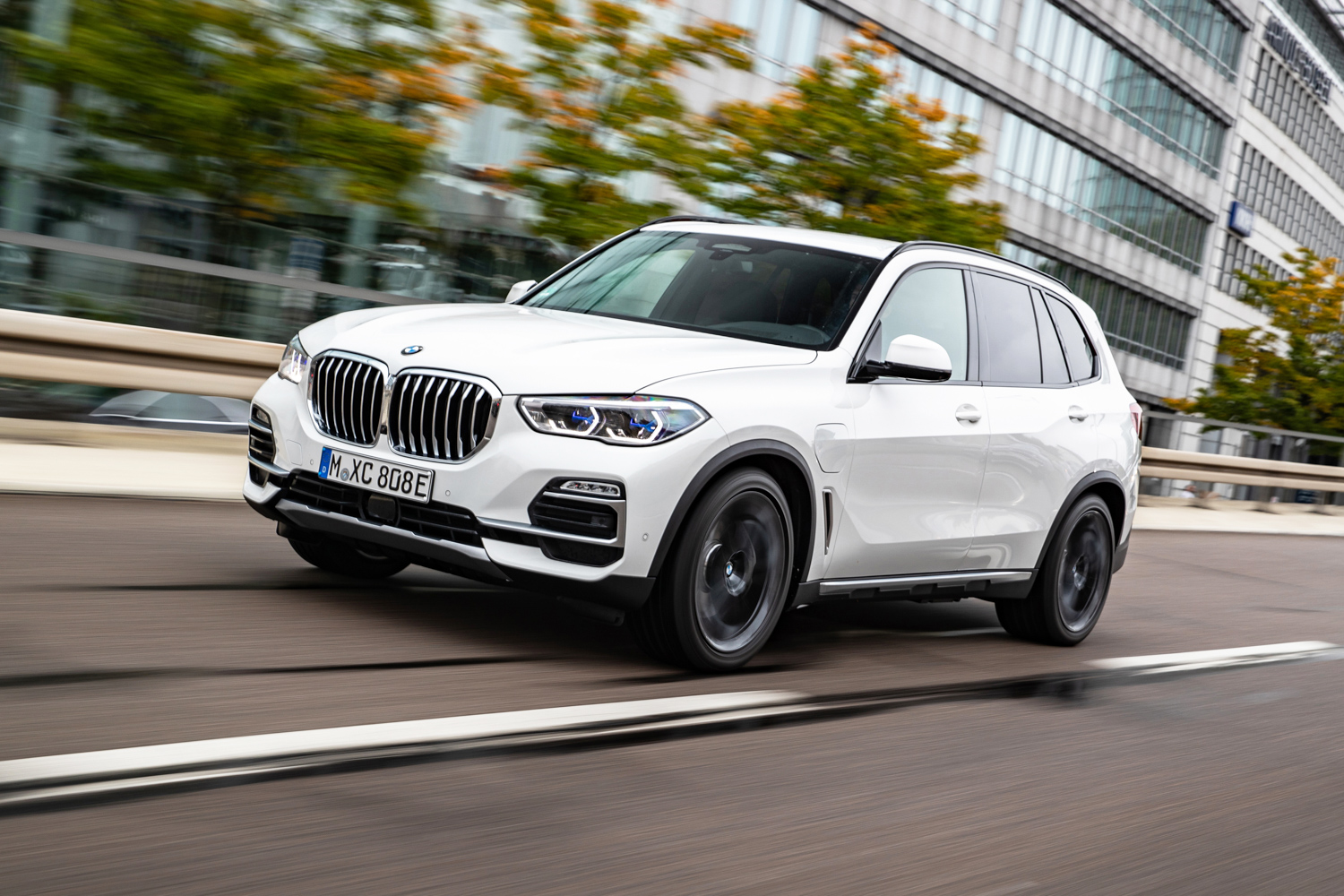BMW is rolling out some clever new tech, which it calls 'eDrive Zones' to its range of plug-in hybrid models.
Automatic switchover to zero-emissions
Obviously, the more you can use pure-electric power in your plug-in hybrid, the lower your CO2 emissions (good for the planet) and the lower your fuel consumption (good for your wallet). On top of those advantages, though, BMW is trying to stay one step ahead of future legislation, and is trying to make sure that its plug-in hybrid lineup maximises its time spent on electric-only power when in town, and specifically within geo-fenced eDrive Zones being introduced in some 80 cities across Europe.
Geo-fenced GPS co-ordinates for battery driving
All of this comes from a pilot scheme which BMW ran in Rotterdam, where it asked 50 drivers of plug-in hybrid models to switch their cars over to maximum electric driving mode whenever they entered an area of the city defined by GPS co-ordinates. According to BMW: "After only a few months, it was already apparent that the drivers involved in the pilot project had covered around 90 percent of all routes within the Rotterdam eDrive Zone in purely electric mode."
So now, in the new BMW 745e, X5 xDrive45e and 330e models, the process is purely automatic. As long as there's sufficient charge in the battery, as soon as you cross a defined eDrive Zone boundary, the car will automatically switch over to battery-only mode. As long as you've had a destination put into the sat-nav, the car's onboard systems will automatically have figured out how much charge you'll need when setting off, and so will have juggled the available power to ensure that yo have enough battery energy left for the task.
It's important to note that this isn't, yet, in response to legislation - the eDrive Zones are all BMW's own idea, although it's likely that such systems will be legislated for in the near future. So far, 80 cities across Europe have been included by BMW in the eDrive Zones concept, including Berlin, Cologne, Frankfurt, Leipzig, Stuttgart, and other that already have a pre-defined low-emissions zone. Other cities in France, Switzerland, The Netherlands, and Belgium are also included, and the list of countries and cities will expand in due course.
Munich defends its plug-in hybrid ecological performance
BMW says that, quite apart from the emissions reduction, there are other benefits to the system, such as cutting down on inner city noise levels, and future-proofing current car purchases against incoming legislation. The company is also adamant that its plug-in hybrids are an important component of overall transport emissions reductions. Responding to criticisms that plugin-hybrids are often bought for tax reasons, and then never plugged in and that pure-battery electric cars should be more incentivised, BMW said that: "Sometimes the "real" life cycle assessment of plug-in hybrid vehicles is questioned, especially in markets with a low share of green electricity in the public grid. For BMW plug-in-hybrid models, the BMW Group has had CO2 certificates drawn up for the entire cycle from raw material procurement, supply chain, production and use phase to recycling. When charging with European average electricity during the use phase, the BMW plug-in-hybrid models show substantial CO2 savings compared to their conventionally driven counterparts. The BMW Group does not launch an electrified vehicle without proof of this kind."







